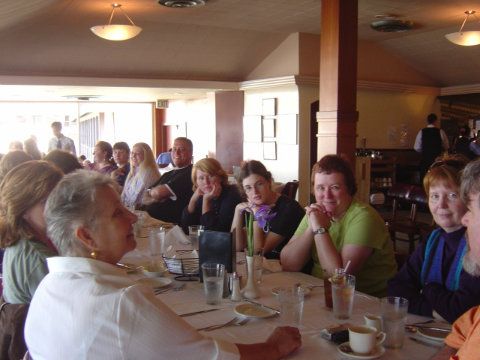I understand there is a myriad of opinions regarding this subject. I have even heard that Gollum is, in fact, the primary mover and shaker of the narrative, although I am unsure whether that truly fits the remit of main protagonist. Most point to Frodo, but there is something about the growth and change of Sam throughout the novel that hints at a deeper exposition than Frodo's maintained stoicism.Holbytla wrote:I maintain that it is Aragorn who is the protagonist of the story, and that the hobbits (while important) are secondary characters. The story can be construed as a culmination of the Akallabêth.
And I suppose if you want to get right down to the roots, it is a final ending of the War of Wrath.
It seems to me that the hobbits are central to this act of the story, but not on the broader scope of it.
Although much of what I envisage to be discussion will be "in book", to mean independent of factors external to the narrative as presented, such as HoME, the process of writing cannot be ignored, and should not. Neither can the world in which the author lived. The books, written in Britain, must have been influenced by WWII and the end of- and post-war Attlee Labour government. For the first time, a truly working class political agenda was demanded by the people. Churchill was rejected. The Welfare State and NHS were born. Suddenly, his batman that Tolkien had such respect for from his own military experience had ceased to be the object of disdain, but like Sam Gamgee as Mayor, was "king". And the fruits of his majesty were quite astonishing!
But there I spin off into mine own justification!
What do others (and I am certain with more wisdom than I) think?

